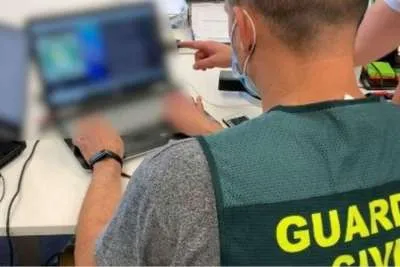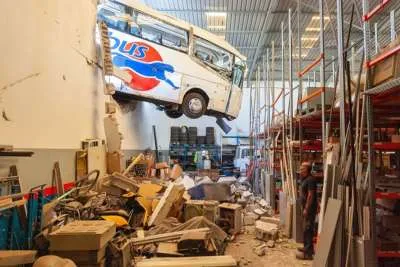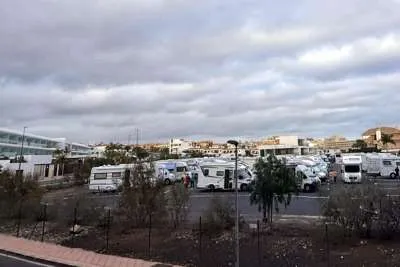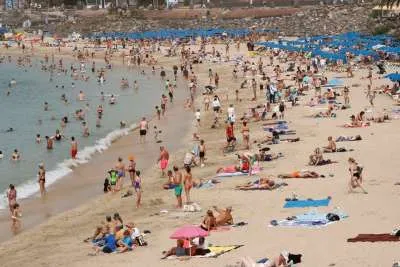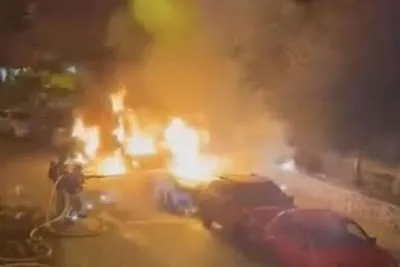Central Government will support regions who want to request a new state of alarm
- 10-05-2021
- National
- Canarian Weekly
The Central Government has opened the possibility this morning (Monday) to "make additional legal changes" so that the autonomous communities can face the pandemic after the state of alarm if "the need arises" from the resolutions of the Supreme Court, who is in charge of unifying criteria for the whole country.
This has been endorsed by Spanish Judge and the Minister of Justice, Juan Carlos Campo, this morning via an interview with 'El País' newspaper, in which he has defended that “if there is a reasonable disparity of criteria, then it is the High Court that will lay the regulations”, adding, "Who else was going to do it?"
However, Campo has left the door ajar for the Government to possibly make additional legal modifications that are proposed to the courts, as requested by the Partido Popular, which requested an alternative legal plan before the end of the state of alarm on May 9th.
Likewise, the Minister of Justice recalled that the autonomous governments have the possibility of requesting the declaration of a state of alarm for their territory, which is "a possibility specifically provided for in the legislation that the Government has already agreed to support," he pointed out.
Along these lines, Campo has made it clear that today there are “neither judge’s ruling, nor abandonment of responsibilities or abandonment of the autonomous governments”. He said: “What there is, is simply good news. We leave the exceptionality, because the health situation allows it, and we return to ordinary norms of our rule of law”, he maintained.
Thus, the minister has regretted that the opposition has "played against each other in all these months,” using the pandemic as an opportunity for permanent political attack. “But the irresponsibility and disloyalty of the opposition do not exempt the Government from responsibility. The right of exception should only remain for as long as it is absolutely essential”, he added.
However, and despite being open to legislative changes, Campo has insisted that the regional presidents have "sufficient mechanisms" in the legal system to face "the current phase of the pandemic." "This normality happens because the authorities return to exercise, out of the state of alarm, using their powers in public health," he has settled.
Other articles that may interest you...
Trending
Most Read Articles
Featured Videos
TributoFest: Michael Buble promo 14.02.2026
- 30-01-2026
TEAs 2025 Highlights
- 17-11-2025











